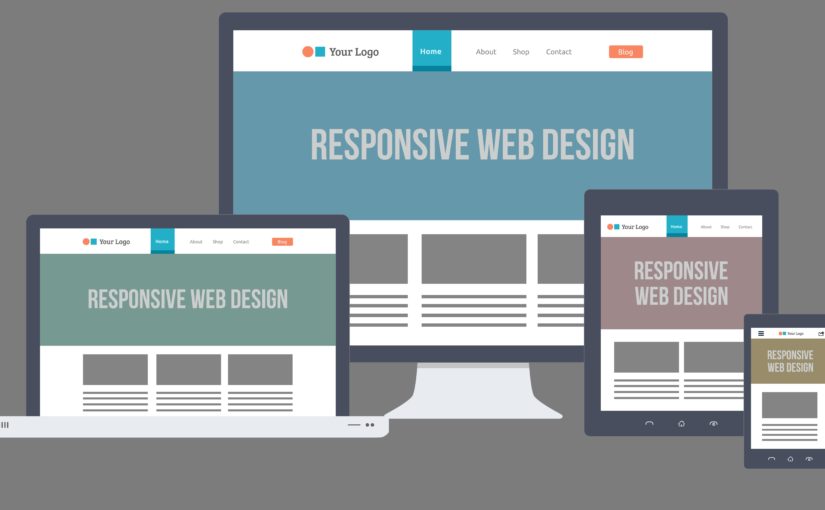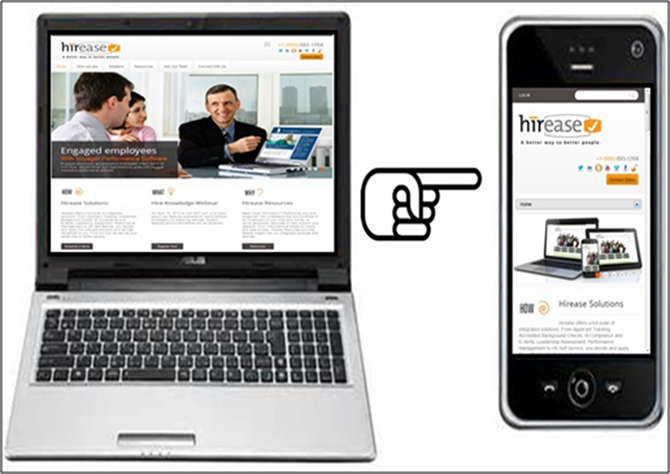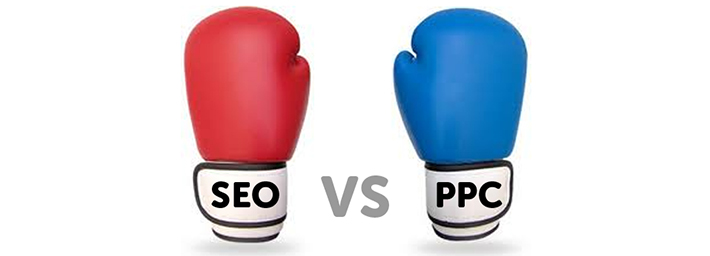Today, the majority of your target audience is most likely using a Tablet or Smart phone when online, and while browsing for products, manufacturers or business solution service providers.
If your site was developed years ago, it was coded to display on screens typically 15 inches and larger, and for standard browsers of the day like Internet Explorer. For end users trying to view on mobile devices may not be able to navigate the pages of your website or your site may not even render correctly, resulting in the loss of an opportunity.
Fortunately, there are several alternatives to refresh your current site with new design alternatives that are mobile device friendly and are typically economical to apply. For consideration are:
HTML5
Basically, HTML5 is a coding language that develops a website which is viewable across on web browsers and any devices, Windows, Apple, Smartphones and Tablets, regardless of the screen size, the site renders perfectly.
This means the end user will normally not need to scroll left and right or ‘pinch’ the page to see your content. Also, the code is much ‘cleaner’ than traditional HTML code, which means the site loads faster providing a more ‘user friendly’ experience.
Responsive Design
This coding approach goes a step further than HTML5 in that as the screen size reduces, the site ‘stacks’ on itself. Meaning the left column is on top, the middle moves underneath and finally the right column is listed below.
The top navigation icons group together and become a ‘dropdown’ nav and present all page content in a simple scroll down maintaining font sizes, image placement, etc. Another visitor friendly alternative.
Mobile App Development
In the event you have specific functionality on your site that may not function correctly when viewed through a mobile device, you may want to consider recreating the presentation with a mobile app and allow end users to download and view on the mobile devices, Tablets and Smartphones.
The NGR team is well versed in mobile app development, the code required for the Android and iOS operating systems, as well as installing the app on the Android Storefront and the Apple approval process.
We would sincerely appreciate the opportunity to discuss the alternatives in upgrading your website, the process and the budget considerations involved. If of interest, please contact me directly at (213) 457-3715 or email me at sales@ngrteam.com., you can request a proposal at Mobile Website Refresh and enter ‘mobile’ in the comments box.




